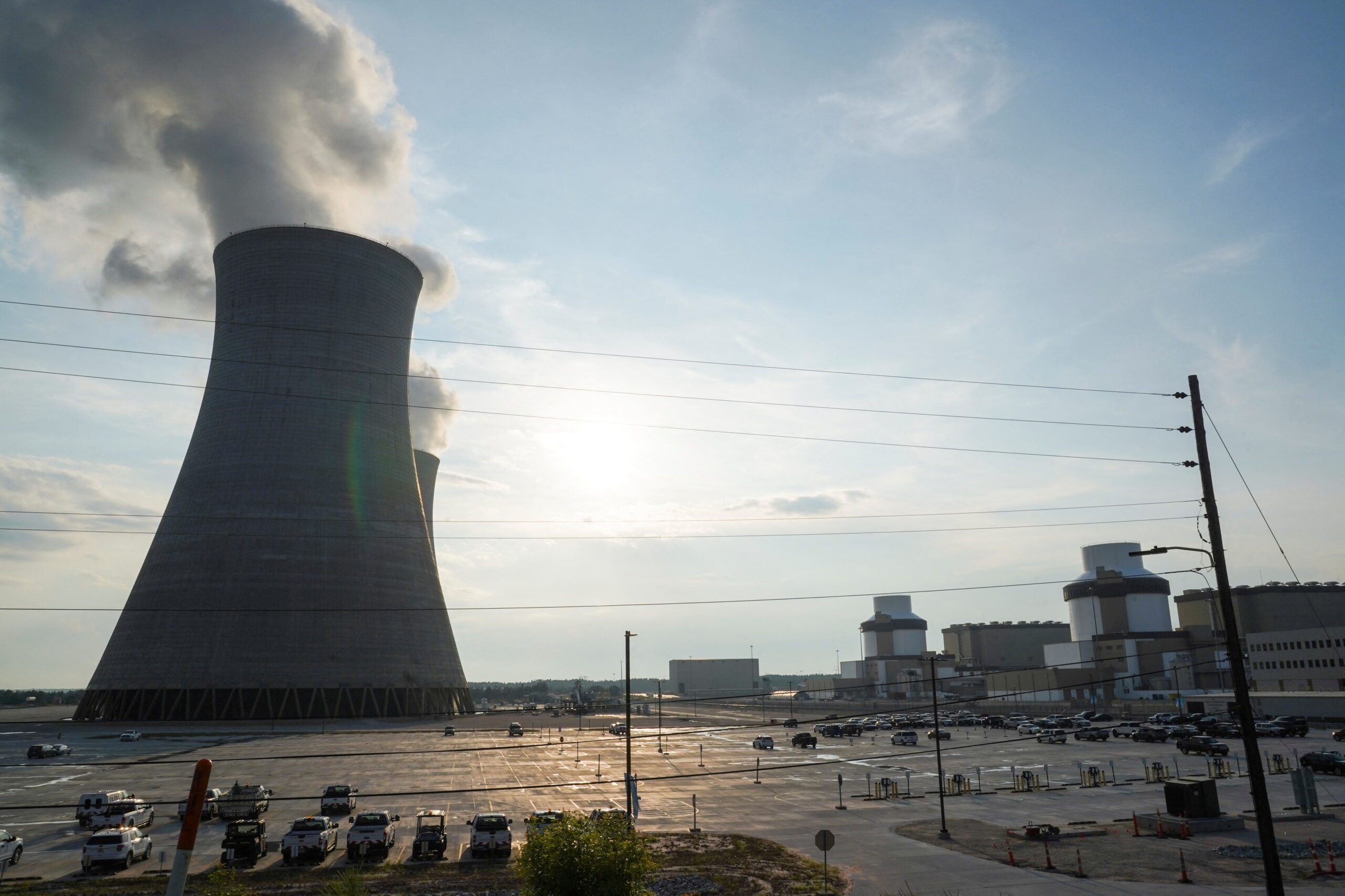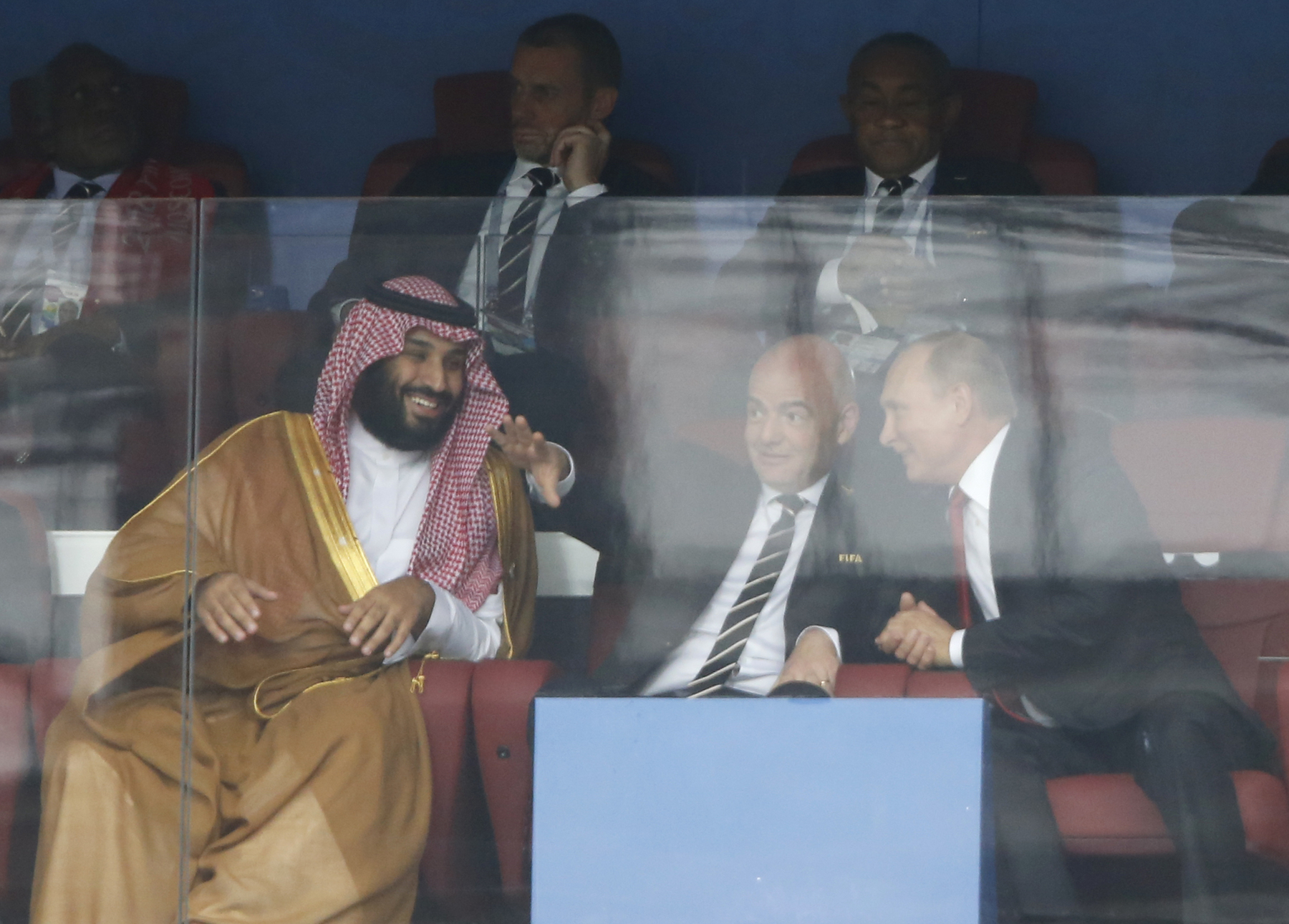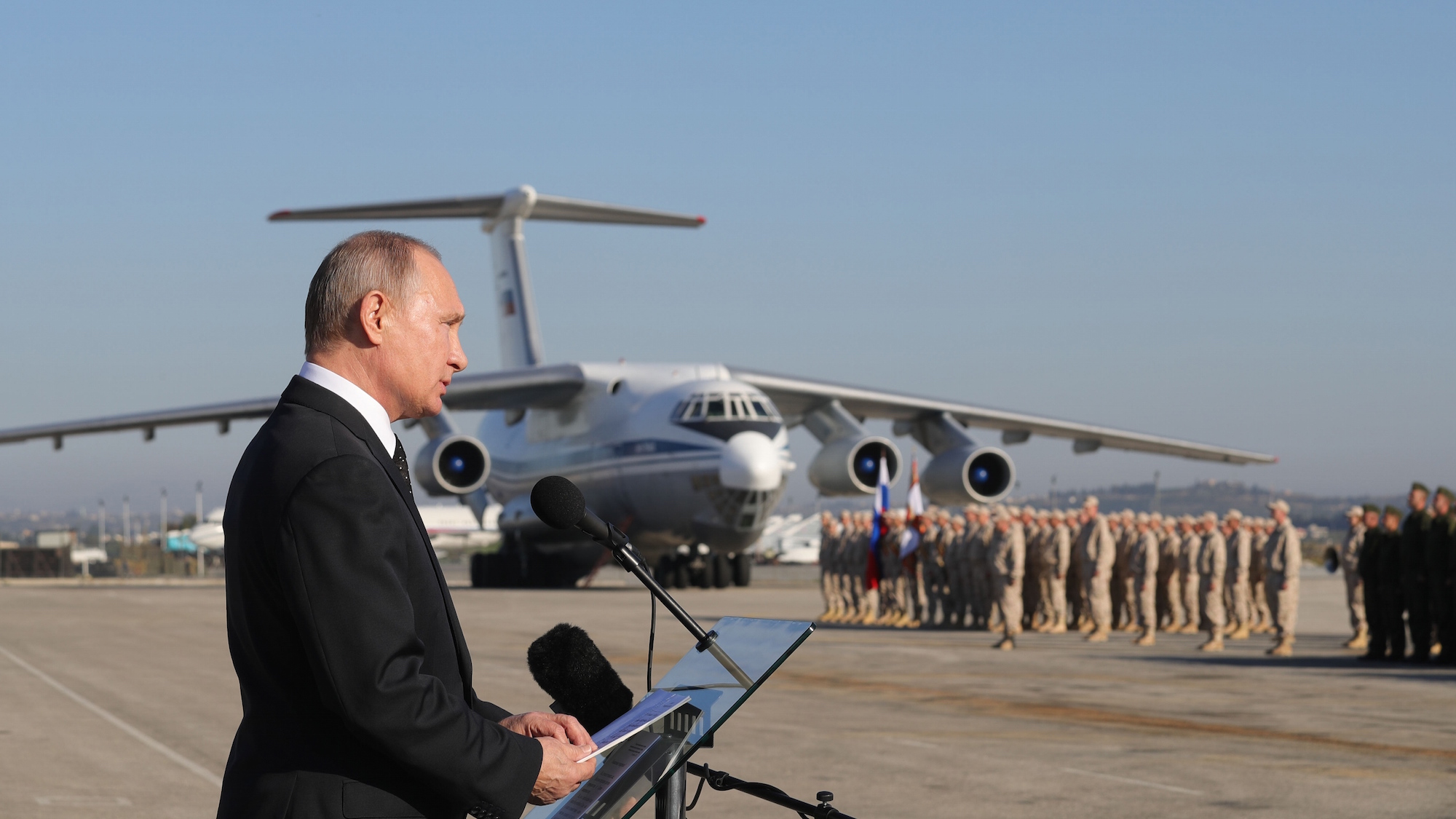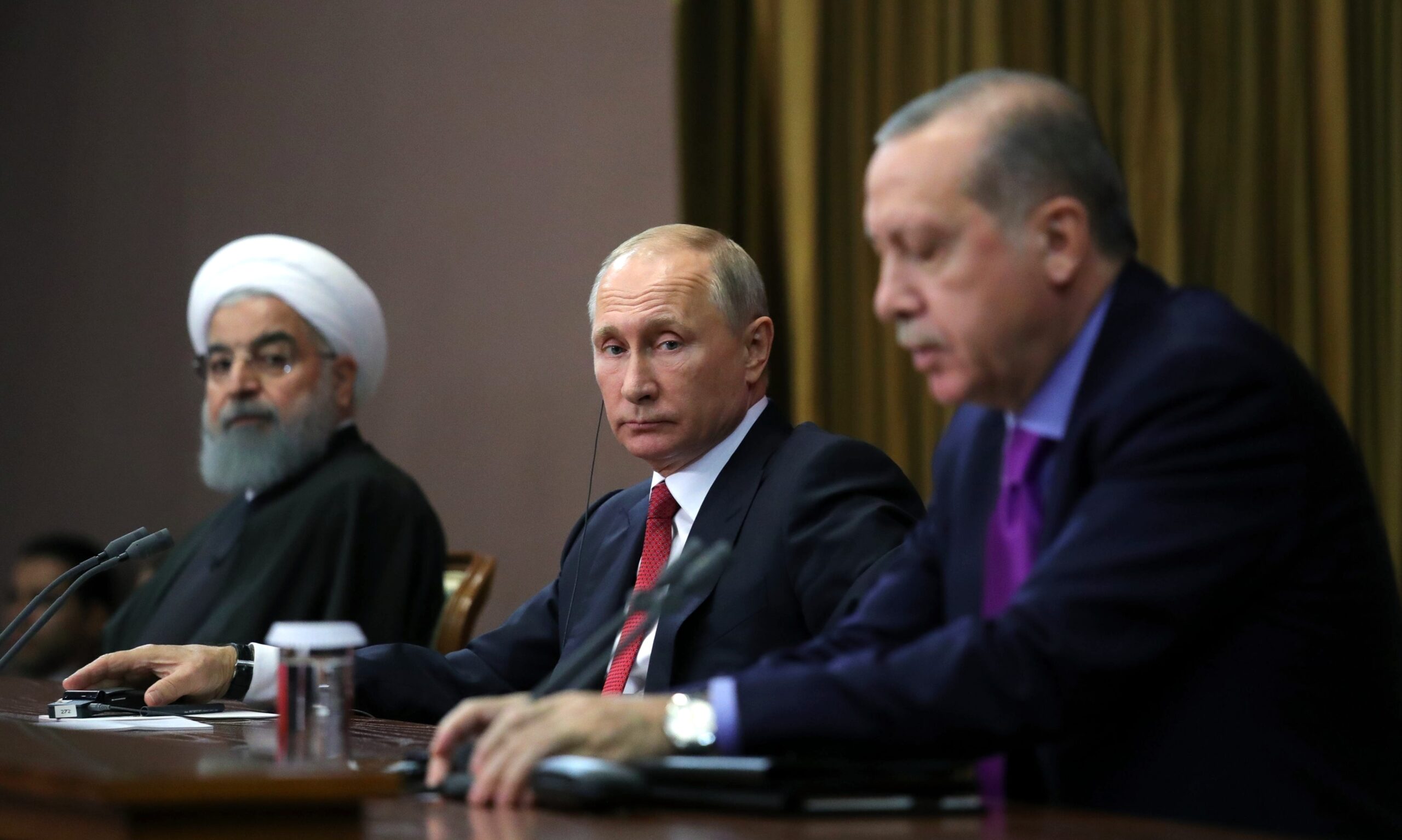Just one week after Russian bombers began flying missions over Syria out of an Iranian air base in Hamadan, Tehran has revoked its permission for Moscow to use the base. These missions never would have begun if Tehran had not agreed that they could take place. But Russia’s public declaration that they were occurring had a negative impact on Iranian domestic politics. There was criticism in the press and parliament that allowing Russia to make use of an Iranian base violated Iran’s constitutional ban on foreign military bases. Top government leaders responded to this criticism by saying that Russia had not established a base in Iran, but was simply refueling its aircraft at an Iranian one. But this line of reasoning did not quell criticism, and so Tehran announced an end to these Russian missions while criticizing Moscow for having announced them publicly.
What this episode shows is that, even though Moscow and Tehran are both supporting the Assad regime against its opponents in Syria and top Iranian leaders were willing to allow Russia to use a base in Iran in pursuit of this common aim, a highly negative view of Russia prevails in Iran that limits the extent to which the leadership of the Islamic Republic want to be seen cooperating with it. Unlike so many Third World countries during the Cold War, where an anti-Western outlook resulted in a willingness to cooperate with Moscow, an anti-Russian outlook has long prevailed even among the most anti-American elements inside Iran. This is due to Iran’s long, negative history with Russia—which has included Tsarist Russian conquest of Iranian territory in the 19th century, Tsarist Russian intervention against Iran’s Constitutional Revolution in the first decade of the 20th century, Soviet Russia’s support for secession in northwestern Iran after both World War I and World War II, Soviet occupation of northern Iran during World War II and (unlike the British who occupied southern Iran) unwillingness to withdraw its forces afterward, and support for Saddam Hussein during the 1980-88 Iran-Iraq War. Post-Soviet Russia has also annoyed Iran on many occasions, such as when it agreed to sell weapons to Tehran but then postponed or cancelled these deals at America’s behest, took several years to complete the Bushehr nuclear reactor (amid all manner of rancorous dispute), and supported UN Security Resolutions imposing economic sanctions on Iran when it could have vetoed them. Many other instances could be cited, including Russian president Vladimir Putin’s pursuit of improved relations with Iran’s arch-enemies, Israel and Saudi Arabia.
Far from showing just how closely allied Moscow and Tehran have recently become, this latest episode shows that cooperation between the two countries is difficult even when they are pursuing a common goal. This raises the question of what would happen to their relationship if their goals diverged, particularly in Syria. If and when Moscow and Tehran become convinced that Bashar al-Assad’s opponents there have either been defeated or co-opted, it would not be surprising if they each sought the reduction of the other’s presence and influence in Assad’s government.
Such an eventuality, of course, is not yet at hand, and Moscow and Tehran clearly still have reason to cooperate in Syria since the opposition to Assad is still quite strong. And as was the case in March, when Putin announced that he was withdrawing the main part of Russian forces from Syria but actually kept them there, it could be that Russia will either continue or resume bombing missions over Syria from Iran soon. Even so, just the announcement that Russia is no longer using the Iranian base shows that there are political costs to Iranian leaders to be seen cooperating with Russia. The severity of those political costs will be even more apparent if these flights do not resume.
Some have suggested that Russian-Iranian cooperation (including Tehran allowing Russian use of its base for a week) stems from Iranian unhappiness with American policies, such as a slower pace to sanctions relief than Tehran thought would occur as a result of the Iranian nuclear accord. This may well be true. But Iran’s withdrawal of permission for Russia to use its base did not occur as a result of a sudden improvement in Iranian-American ties. In other words, Russian-Iranian relations can be expected to be tense even if Iranian-American relations are as well. The ongoing tension in Russian-Iranian relations that this episode highlights could provide an opportunity for American foreign policy to exploit. But for this to happen, Washington would actually have to recognize that the opportunity exists.
This article was originally published by LobeLog.
The views represented herein are the author's or speaker's own and do not necessarily reflect the views of AGSI, its staff, or its board of directors.












Aug 29, 2016
What Hamadan Says About the Fragility of Russian-Iranian Ties
Just one week after Russian bombers began flying missions over Syria out of an Iranian air base in Hamadan, Tehran has revoked its permission for Moscow to use the base. These missions never would have begun if Tehran had not agreed that they could take place. But Russia’s public declaration that they were occurring had a negative...
4 min read